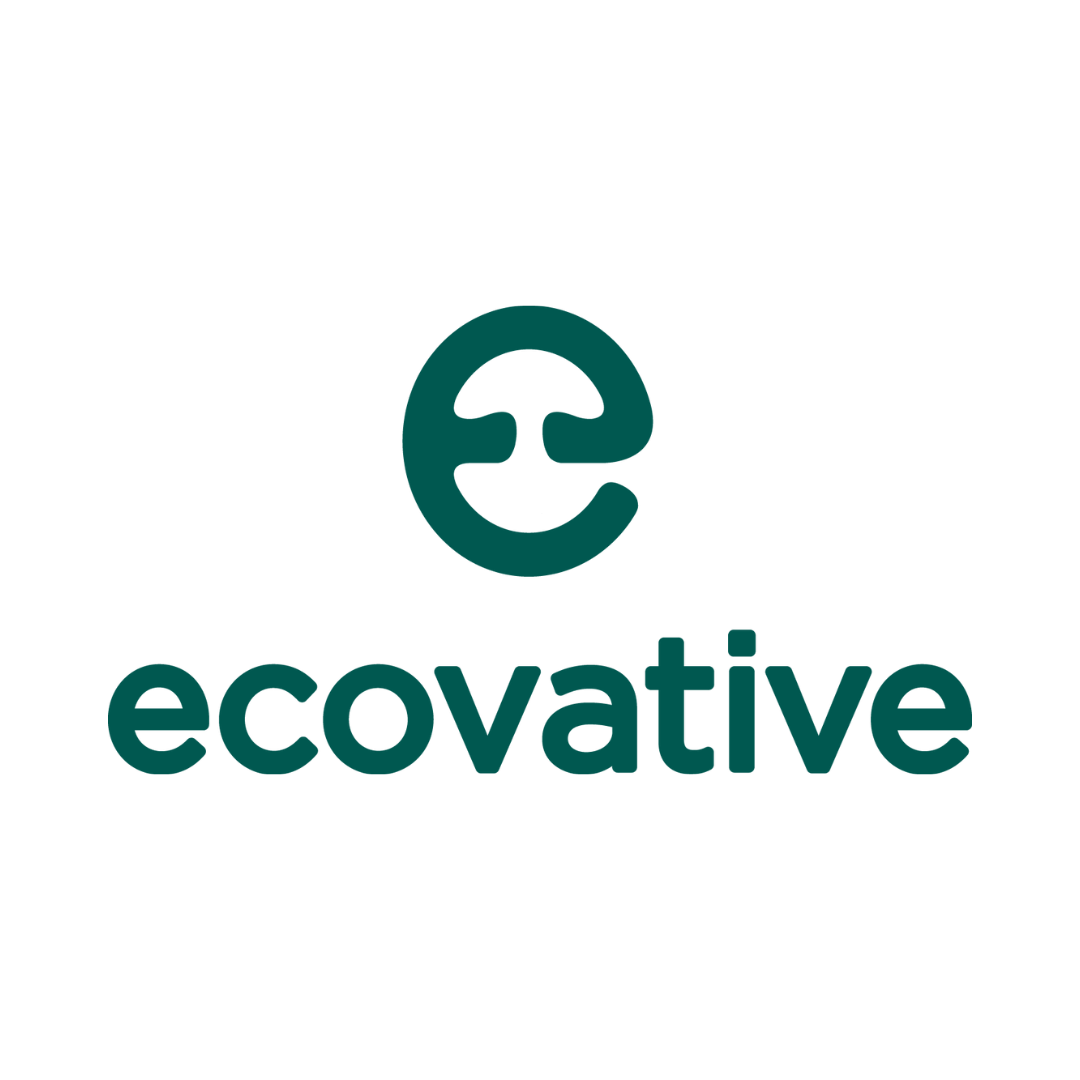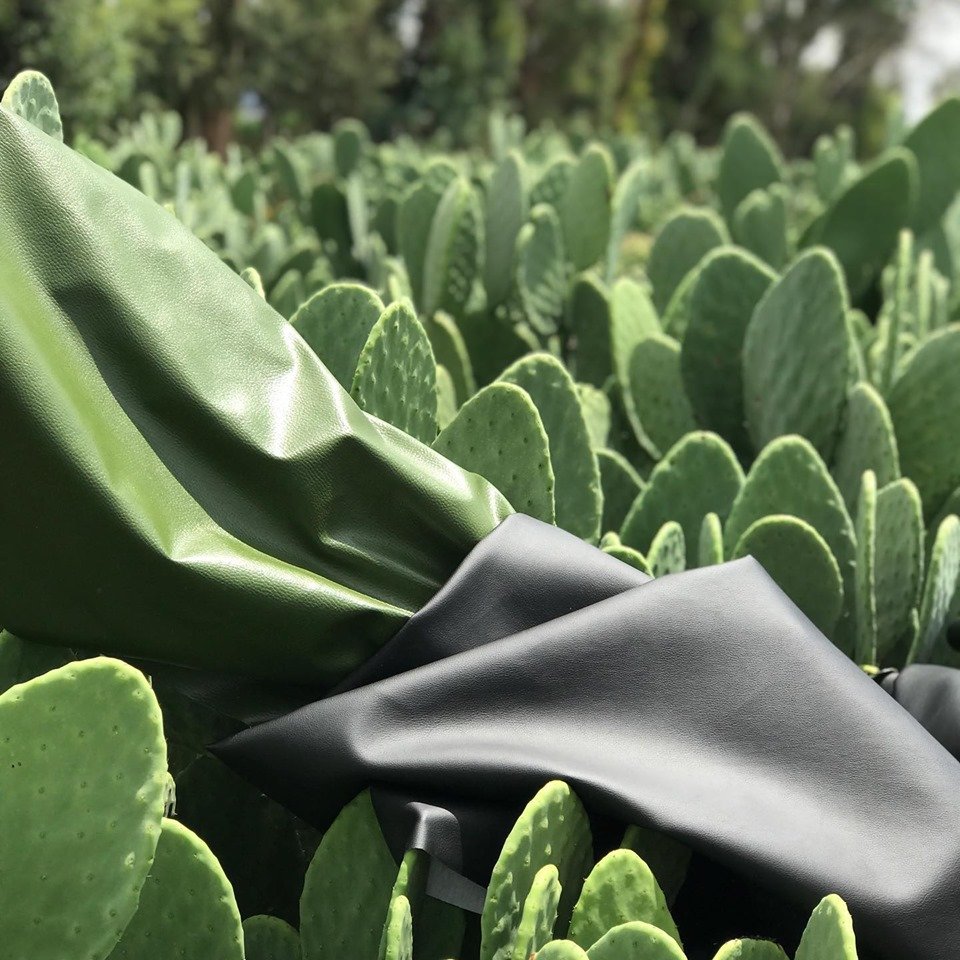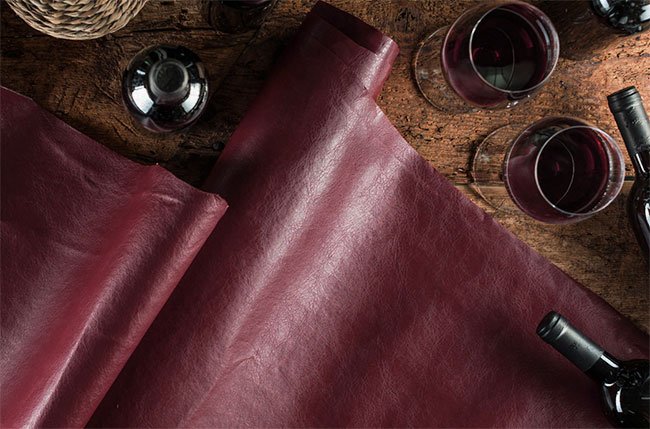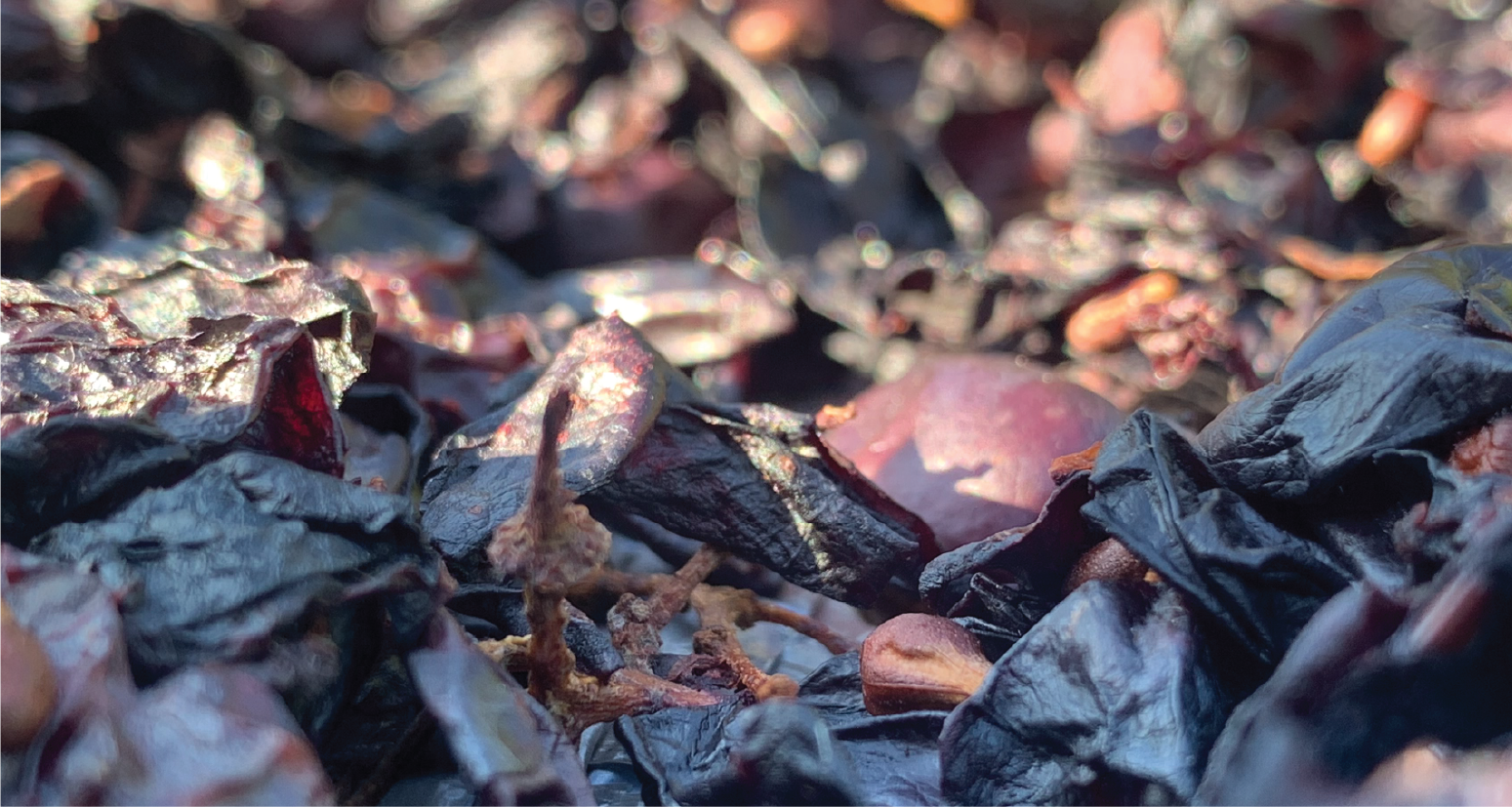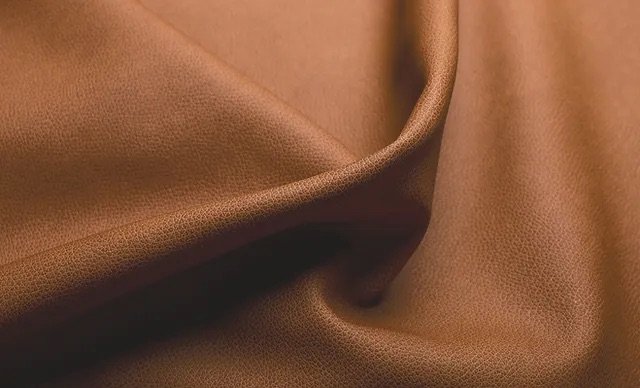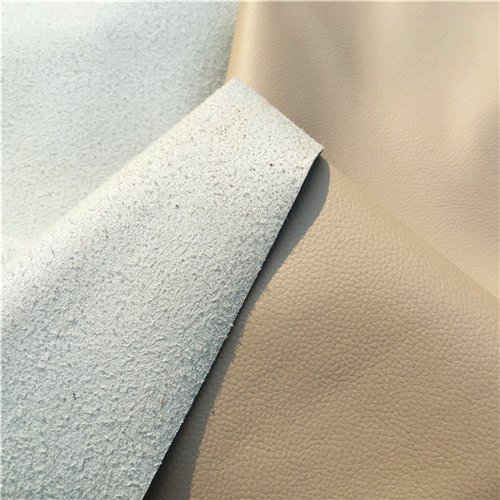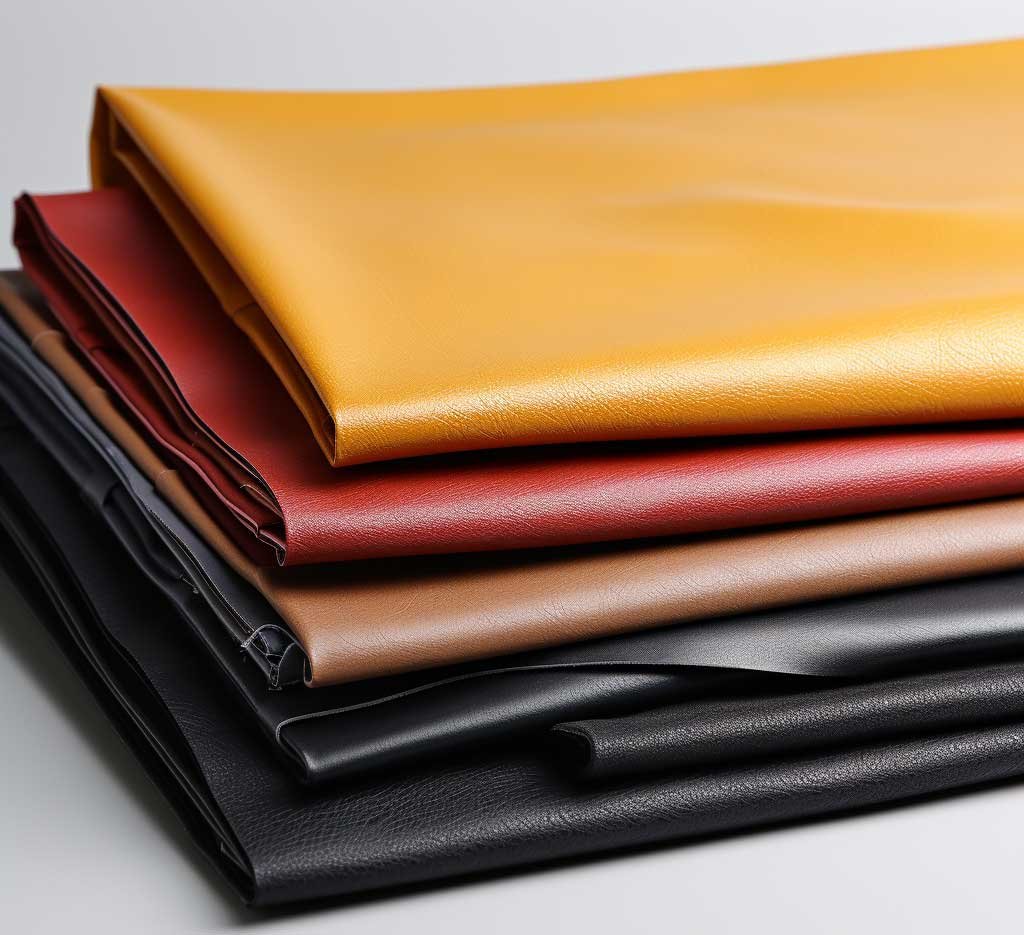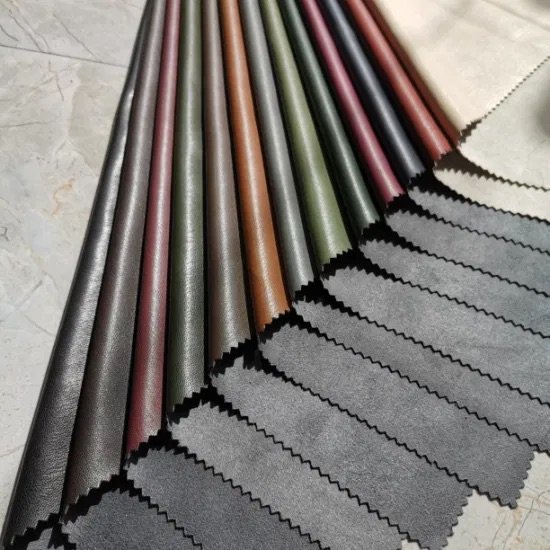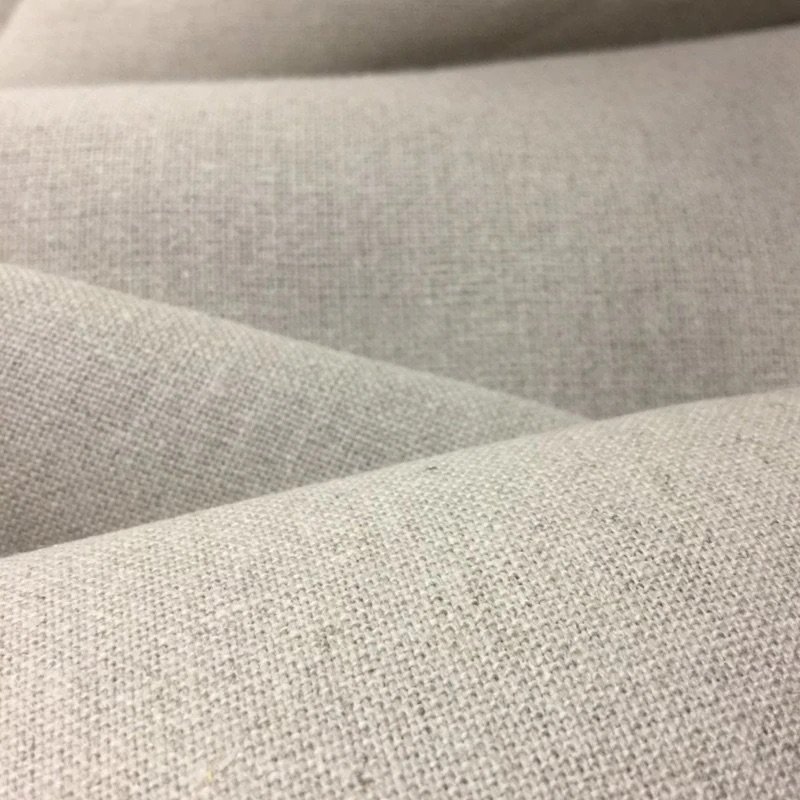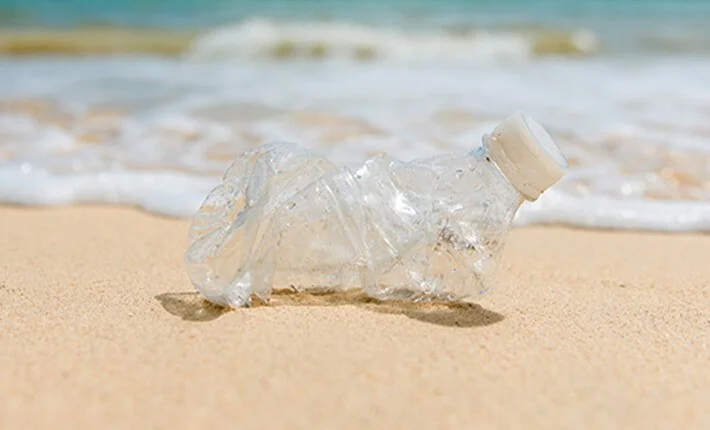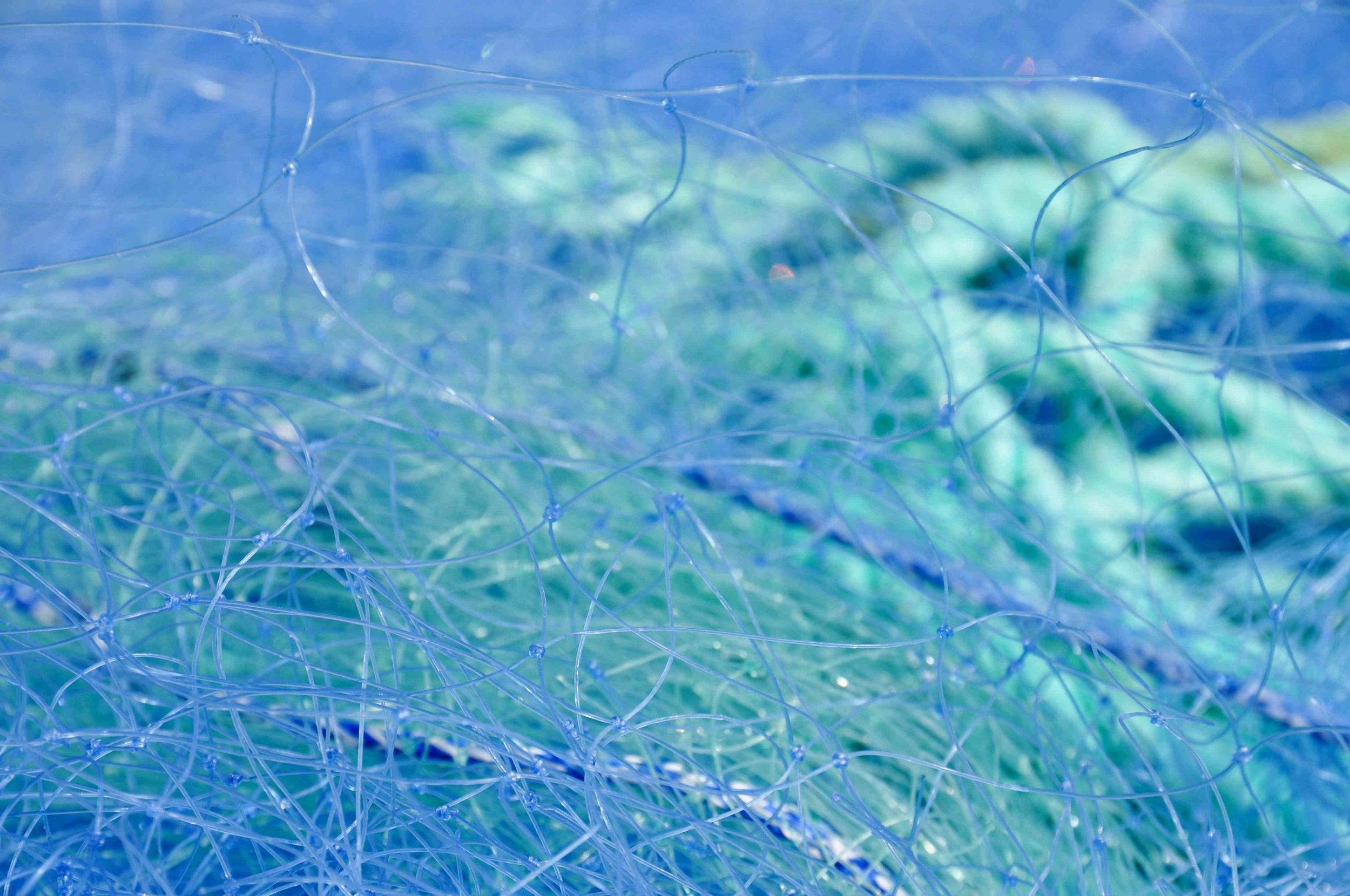Materials
Strategic Partners
Material Innovator Companies
At Veshin Factory we work with material innovators in many ways throughout R&D, prototyping and collaborative events. Below are the companies we have worked with to date:

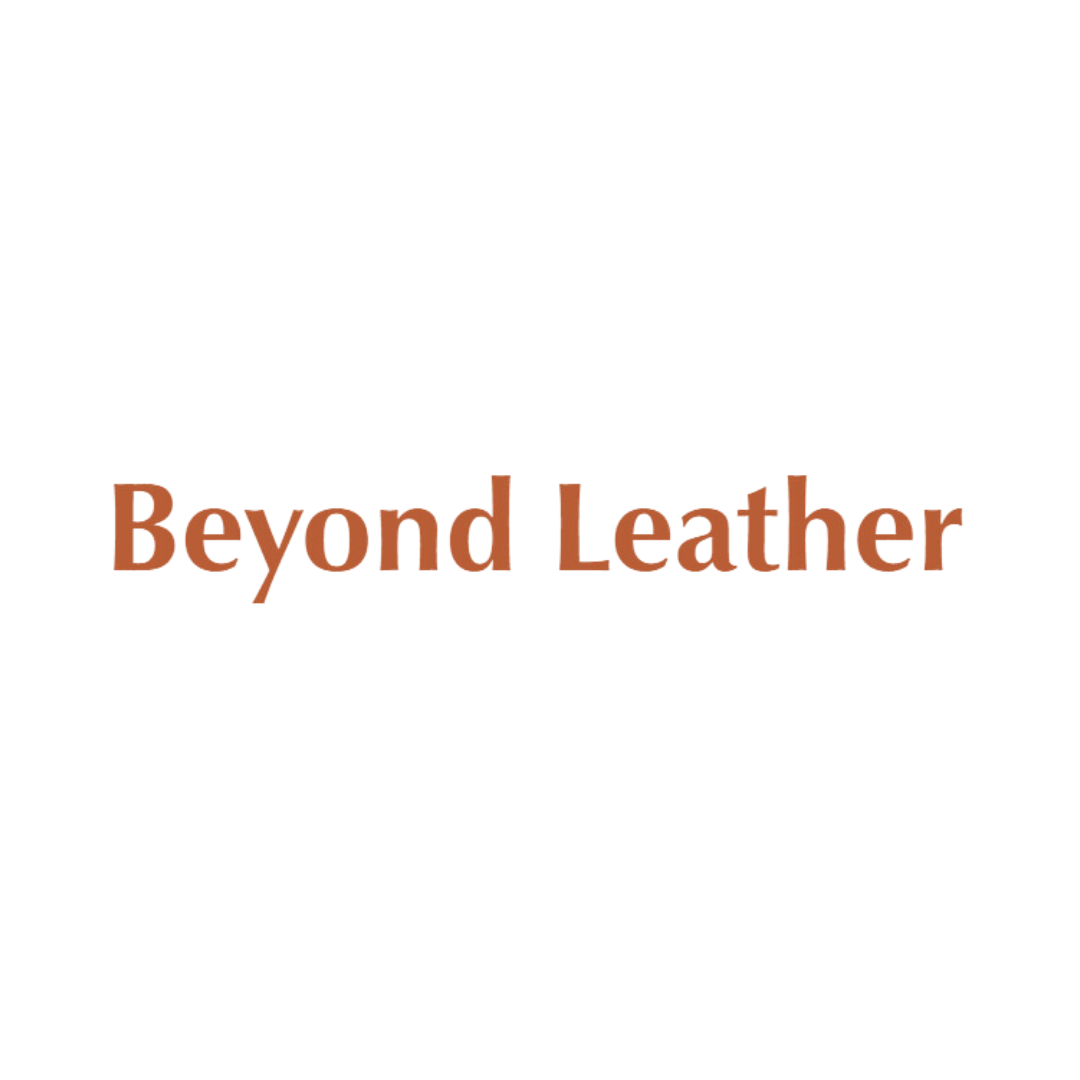
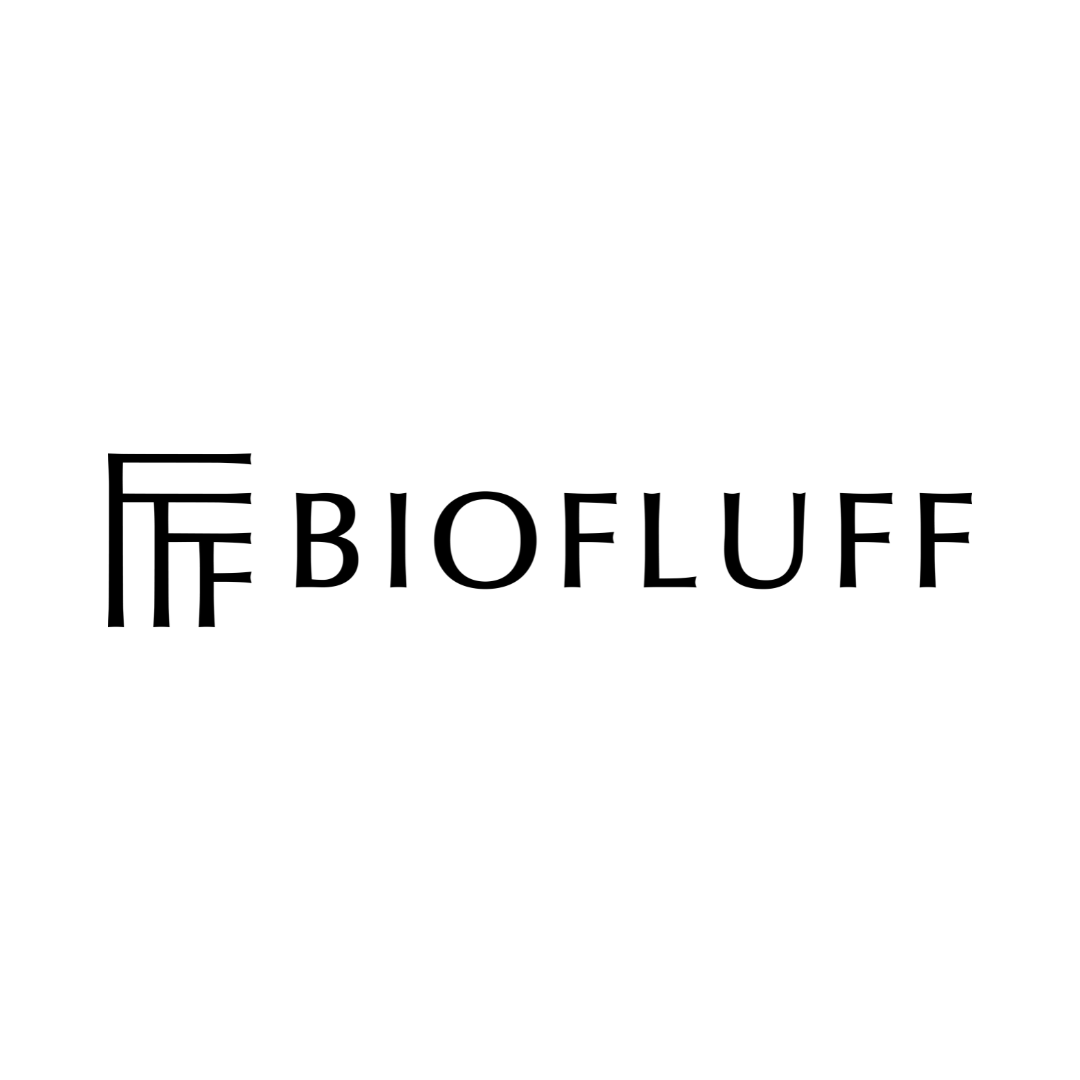
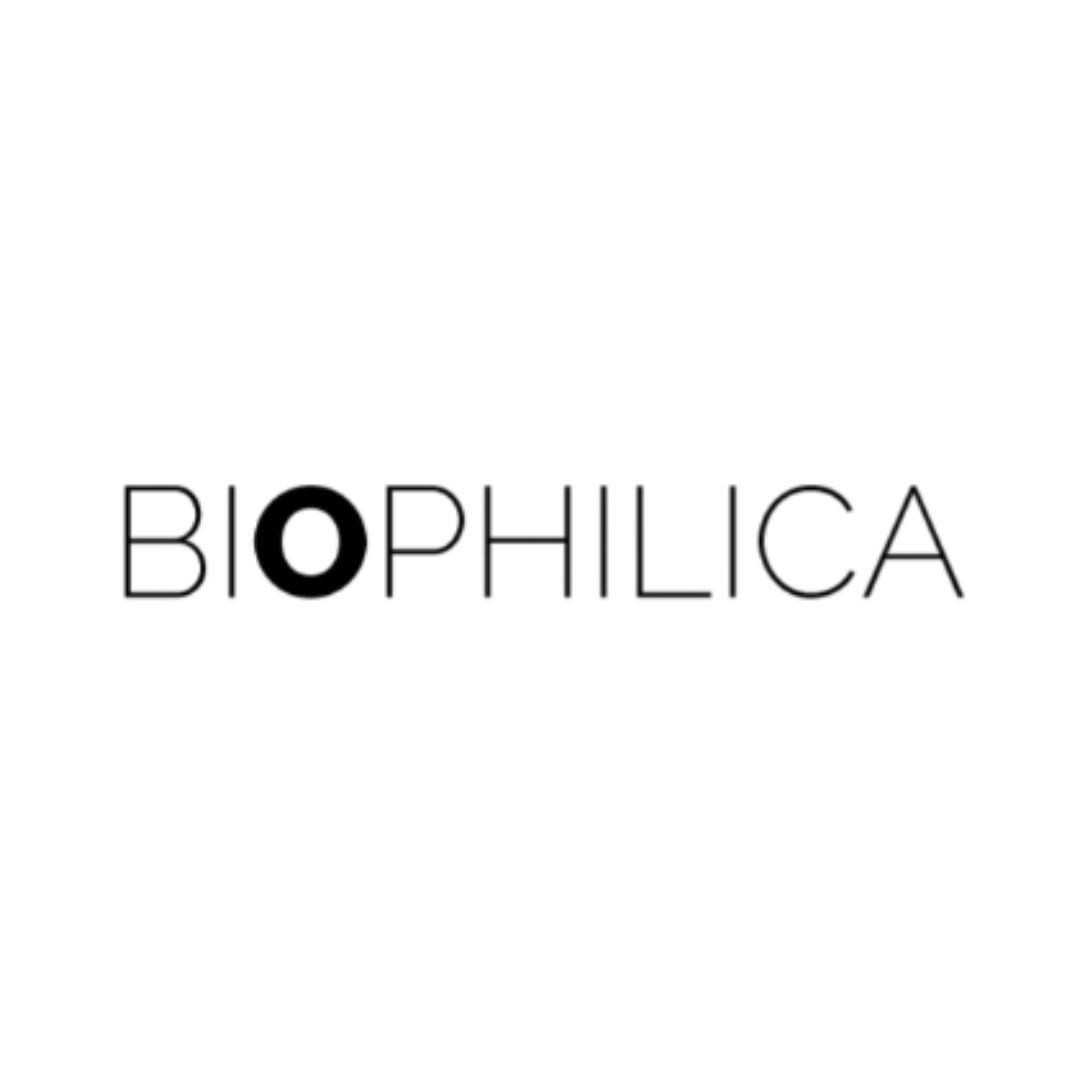
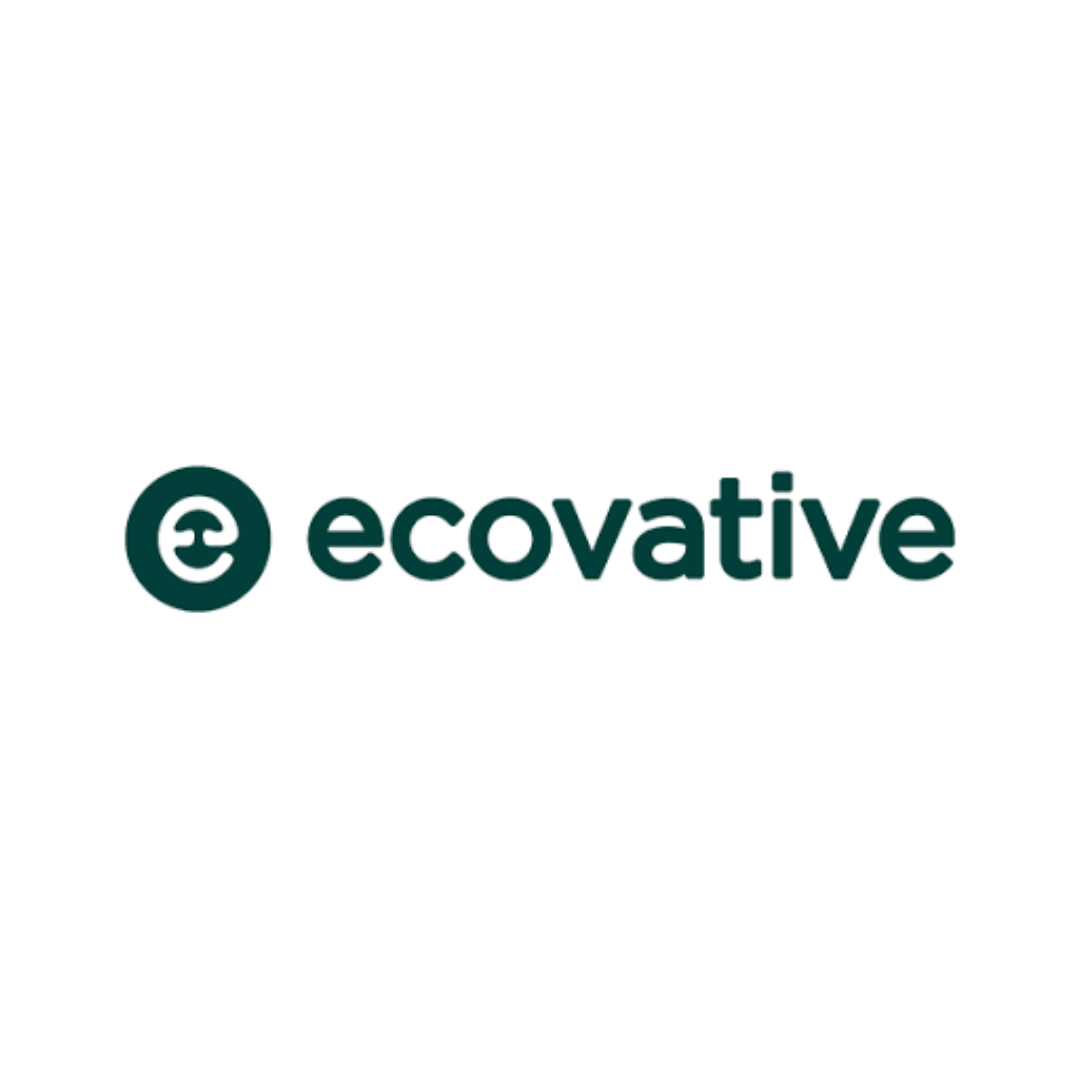
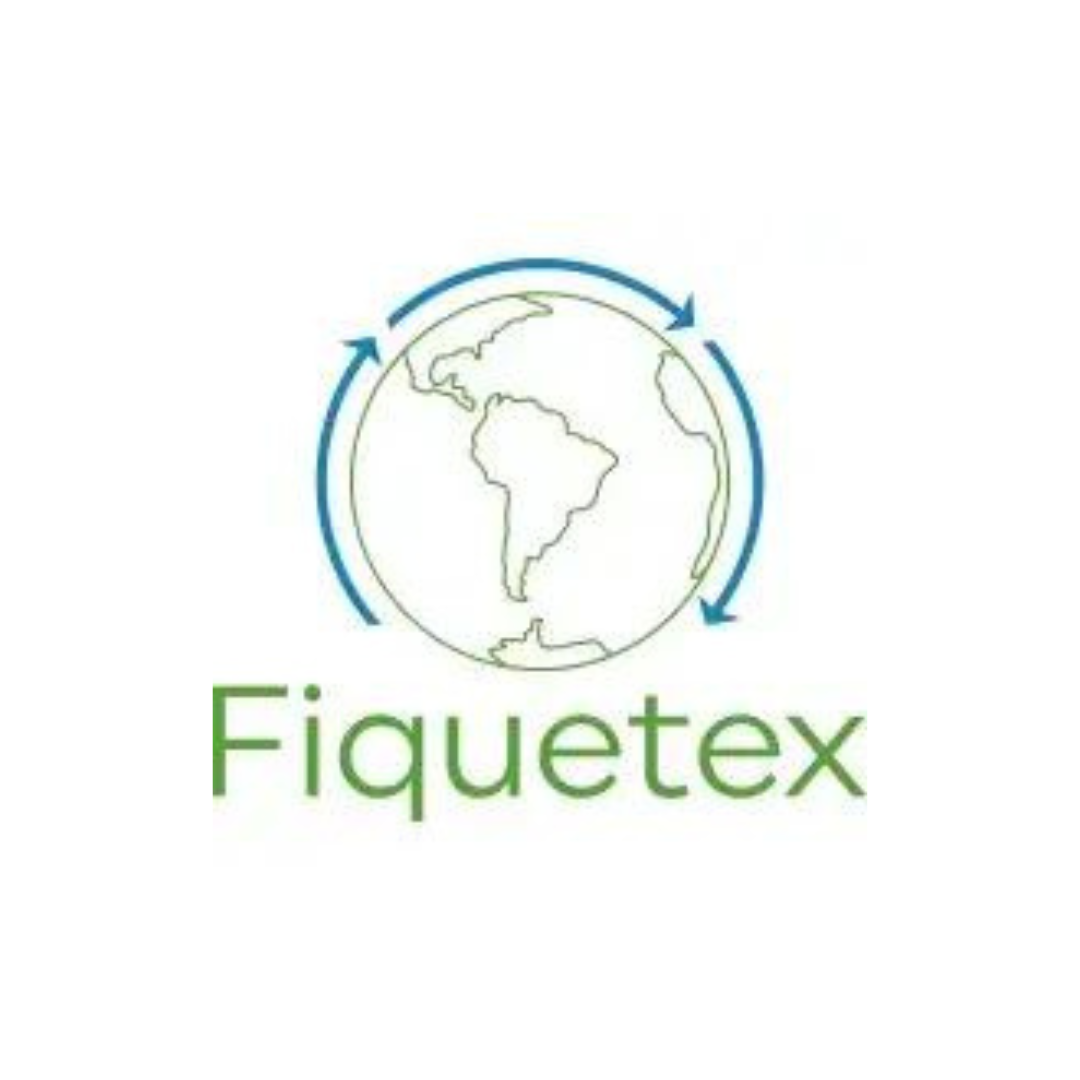
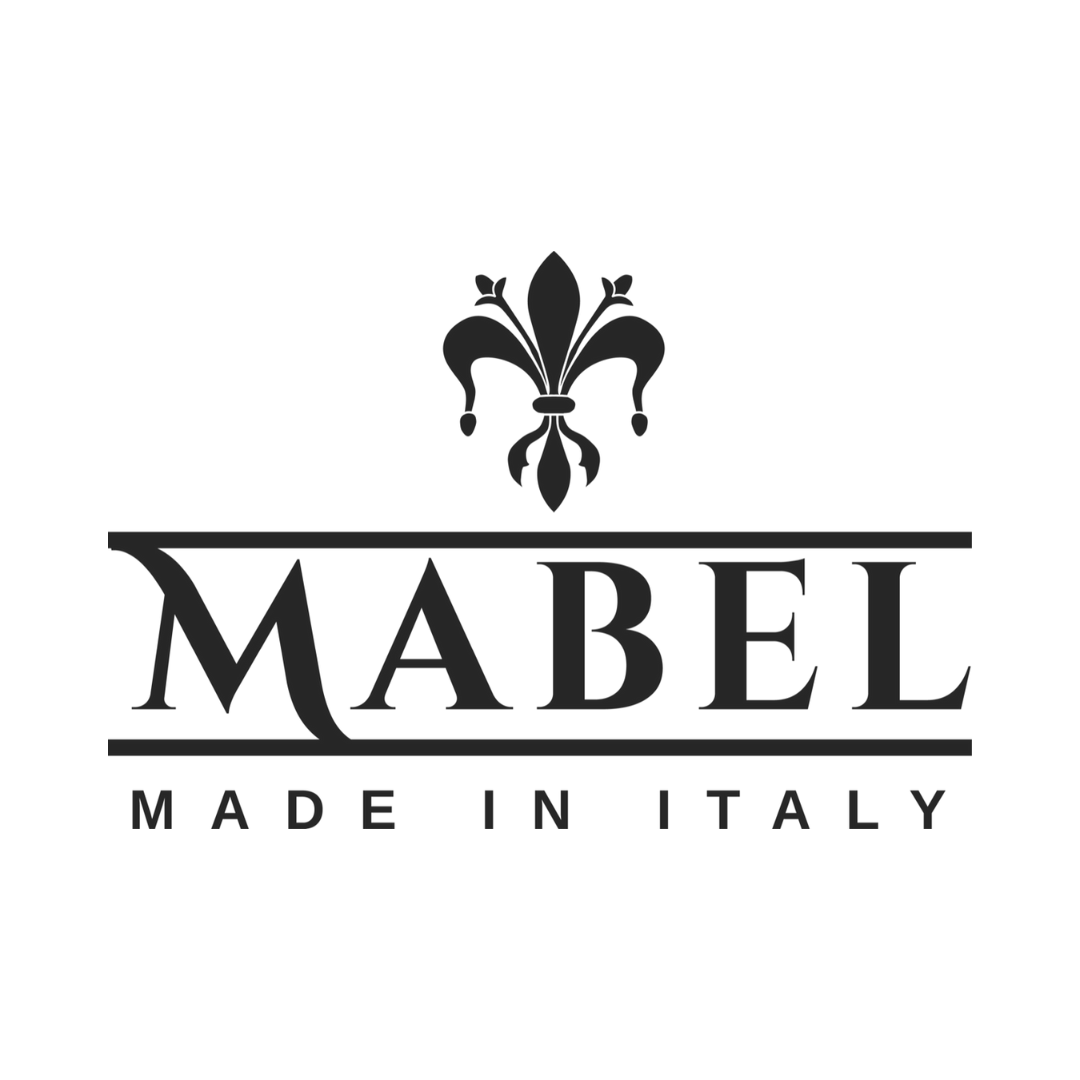
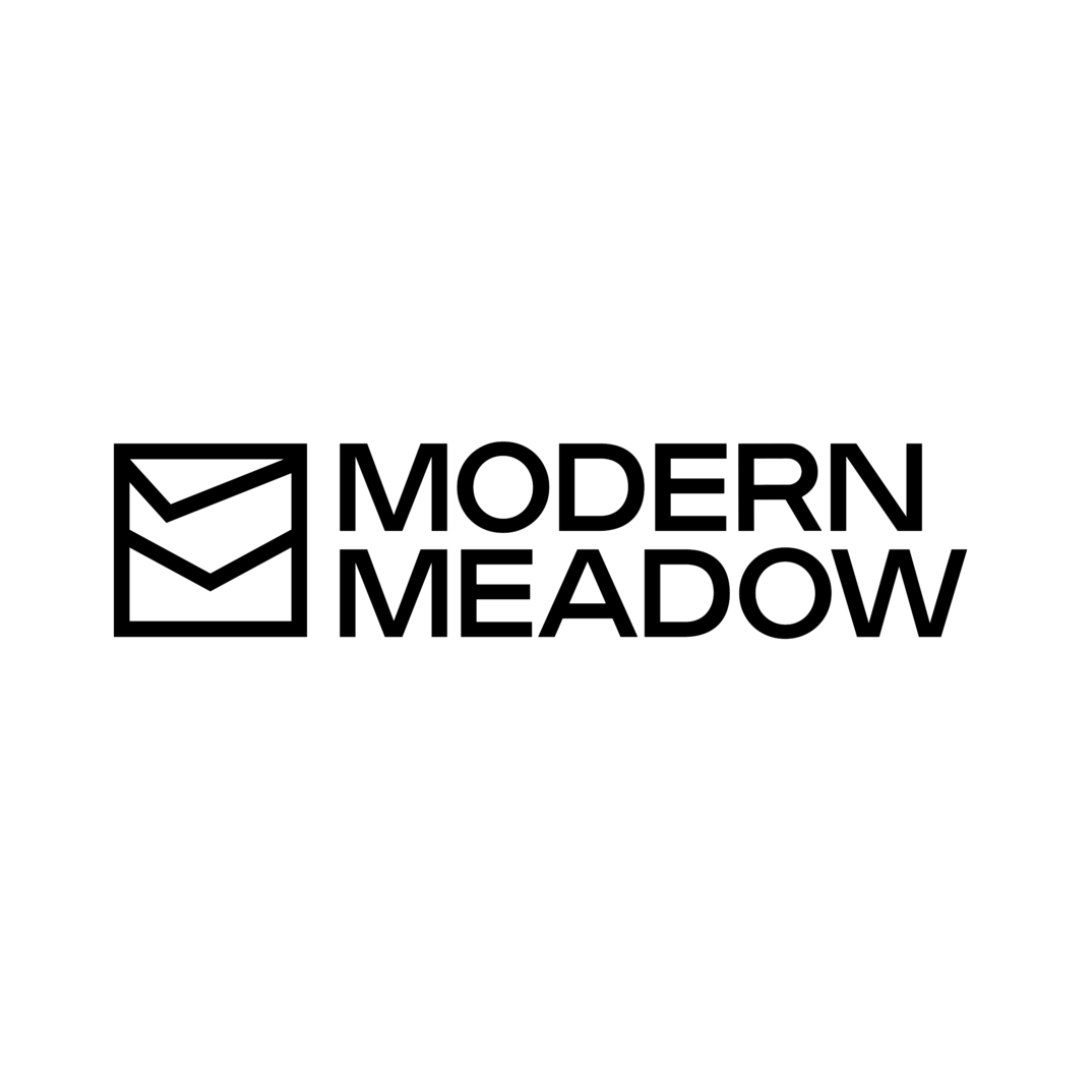
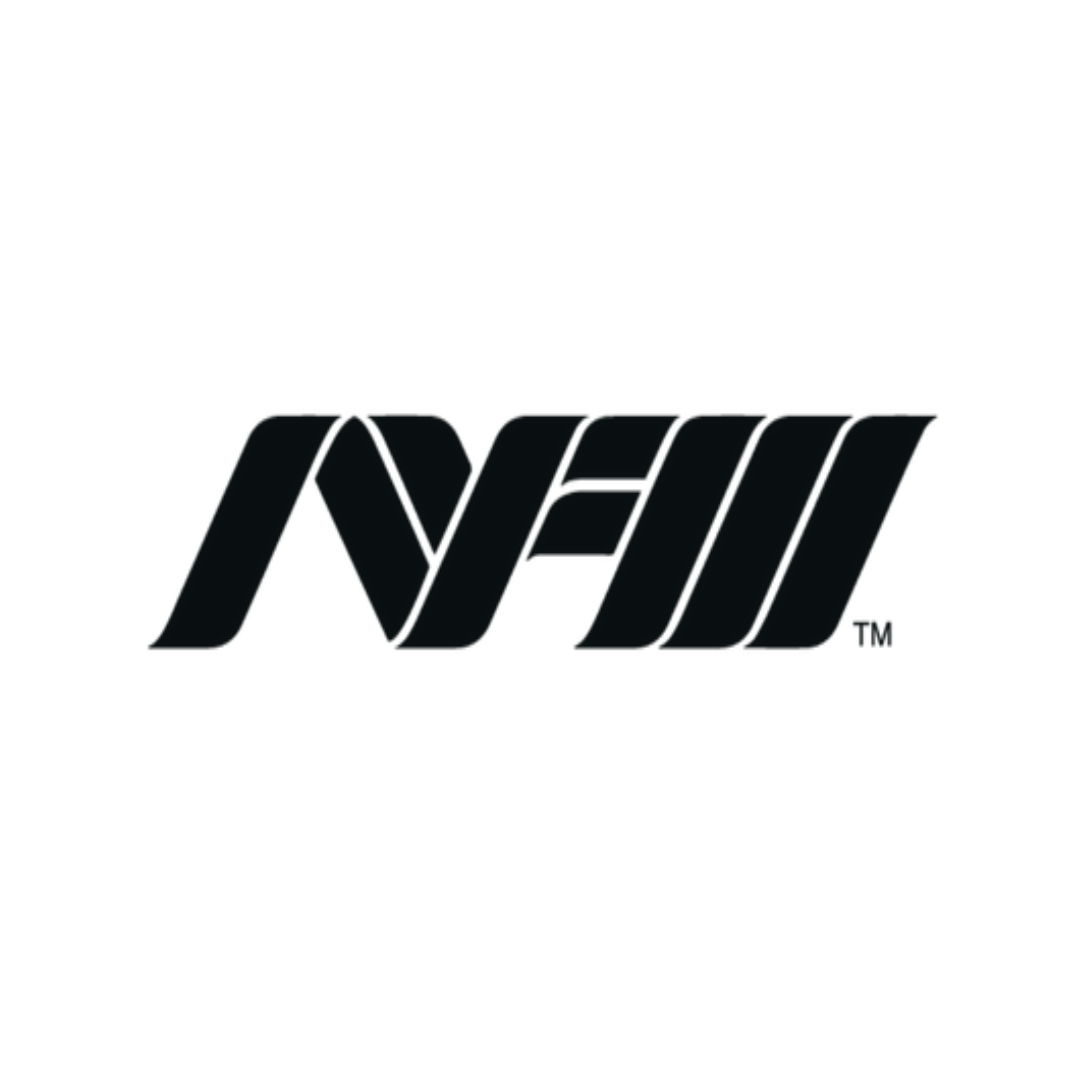
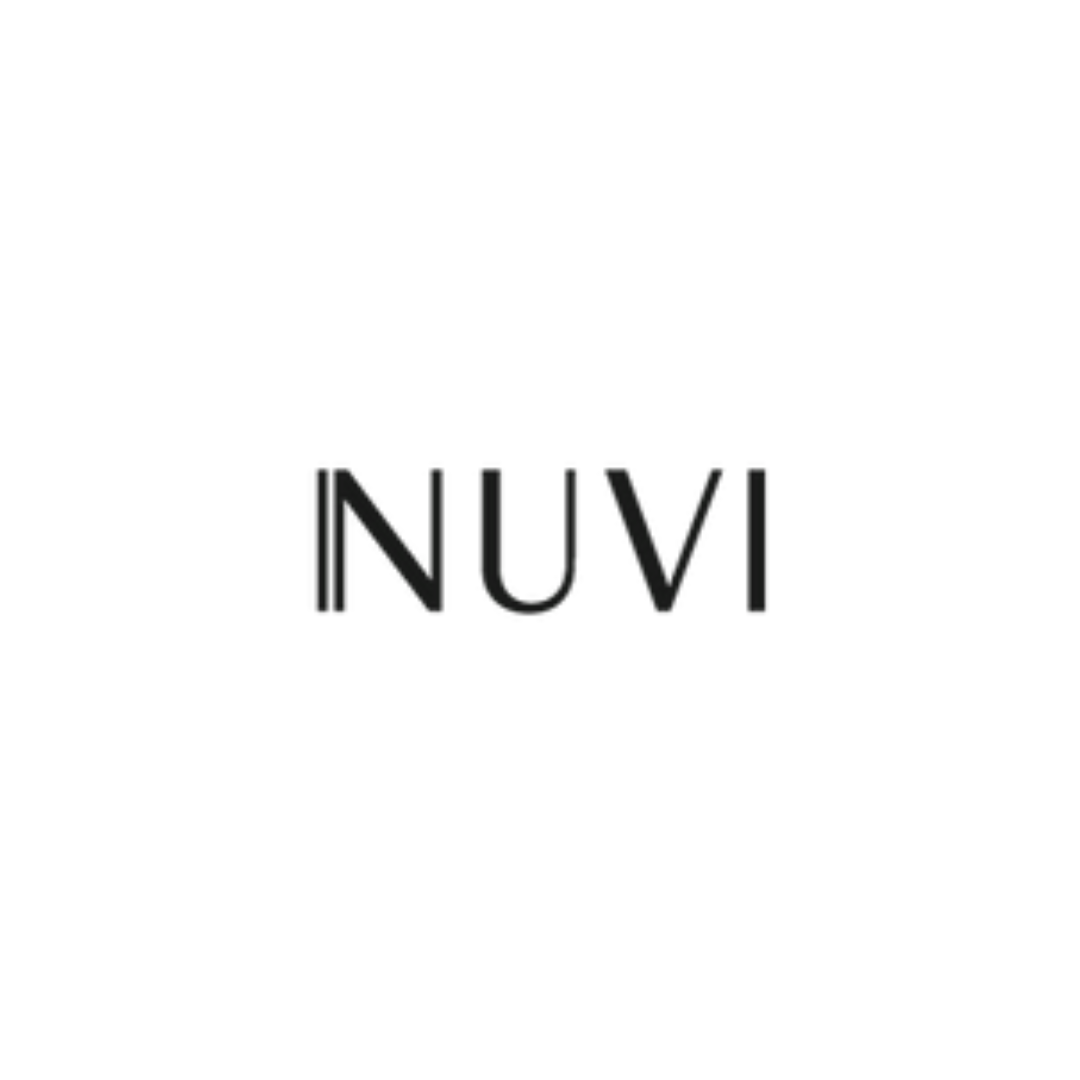
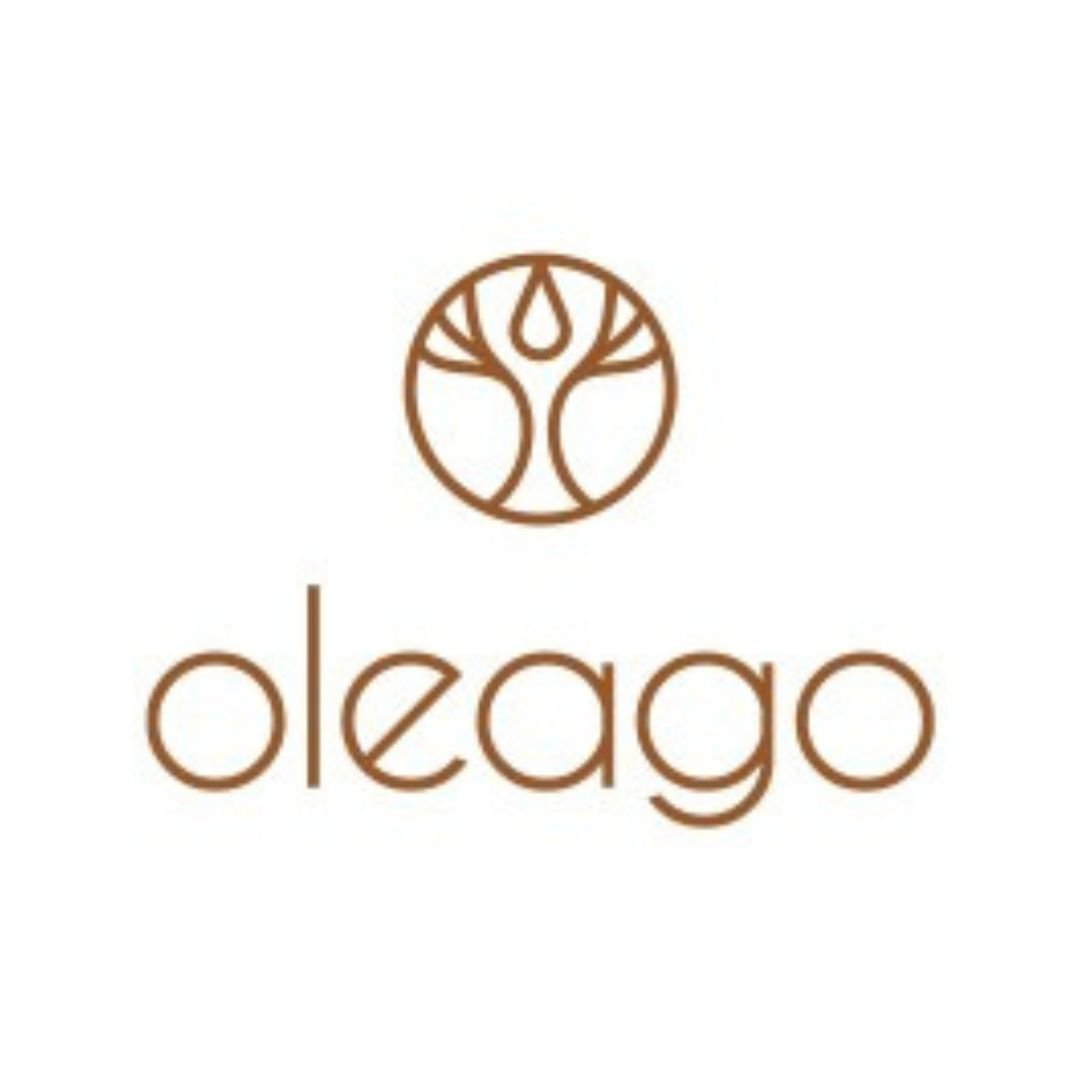
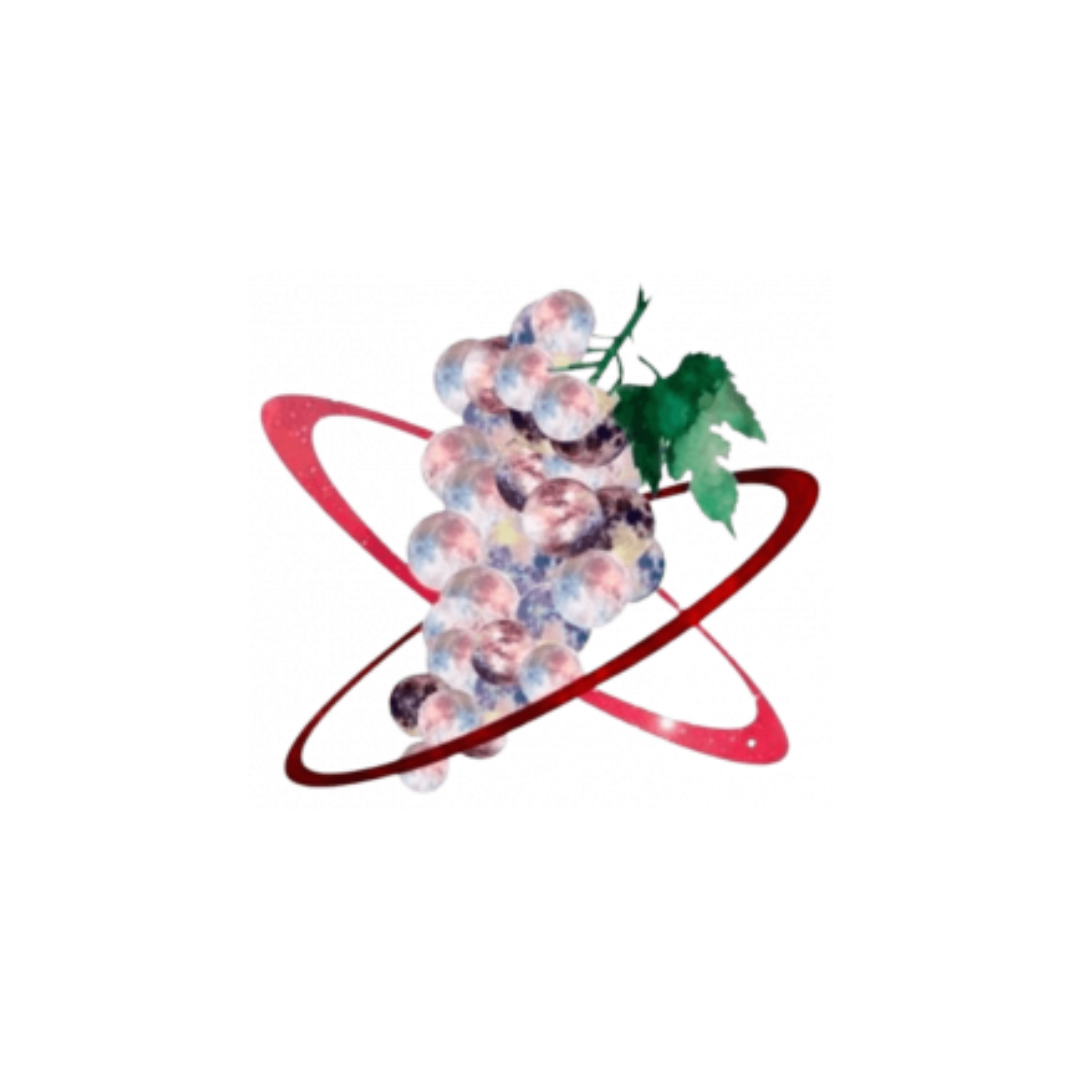
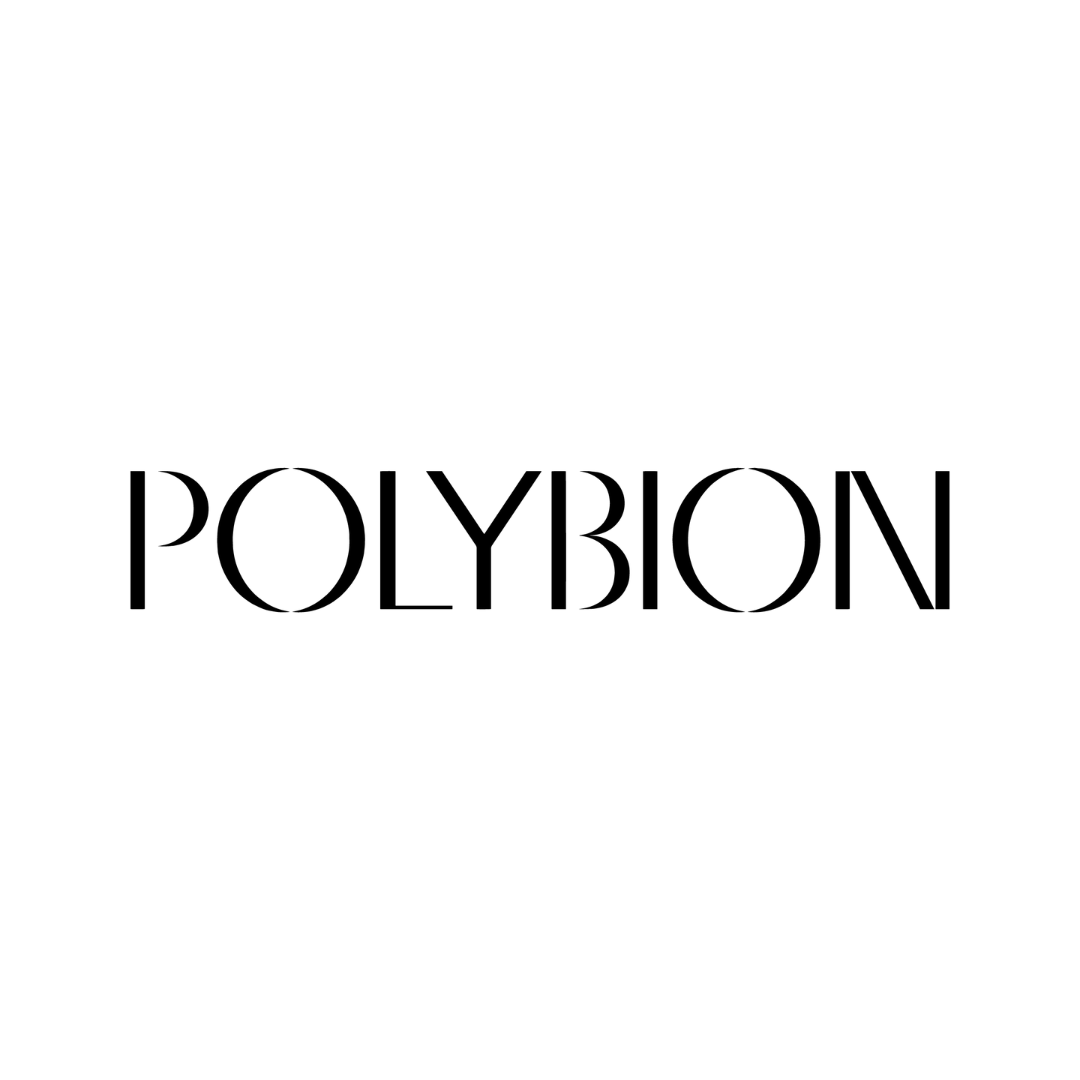

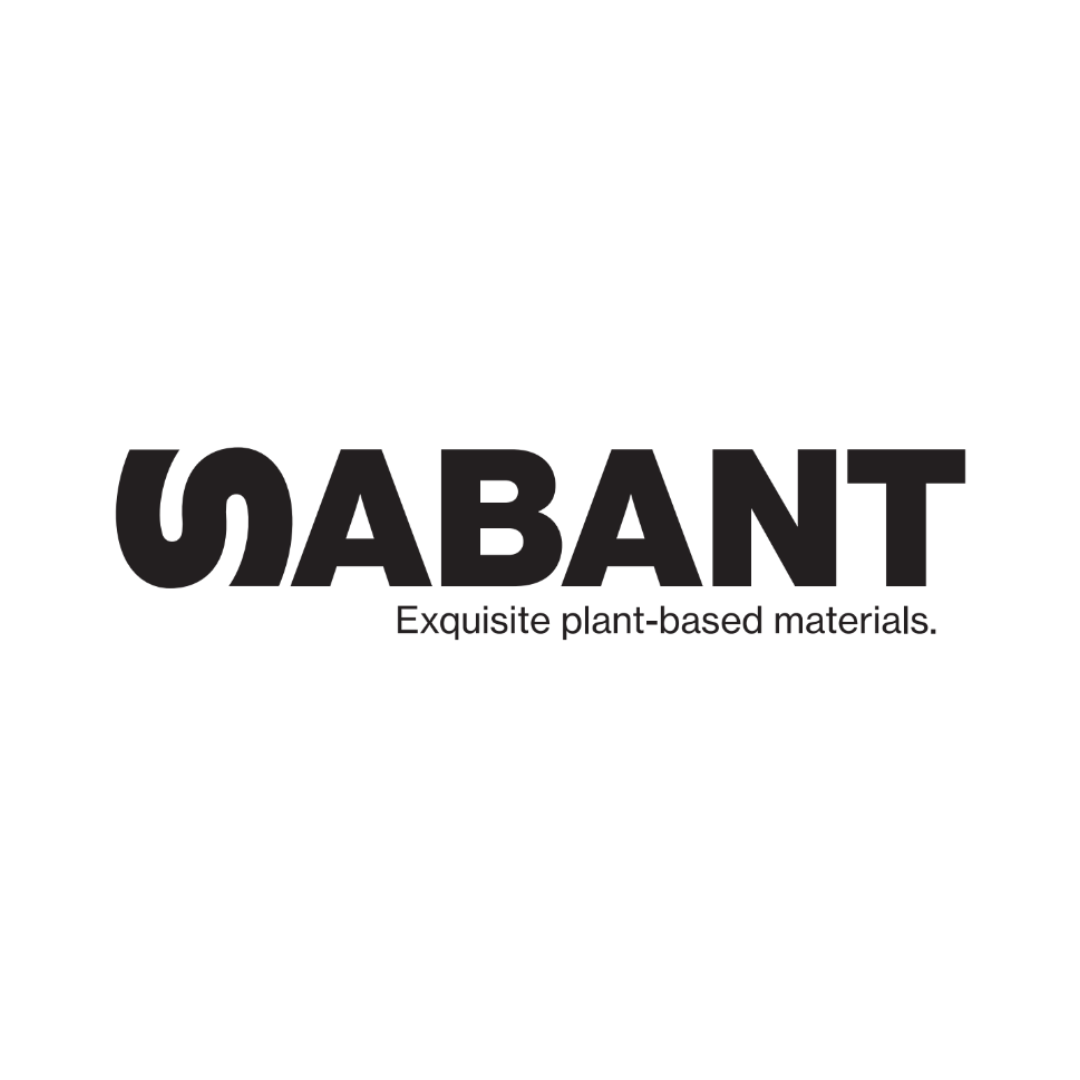
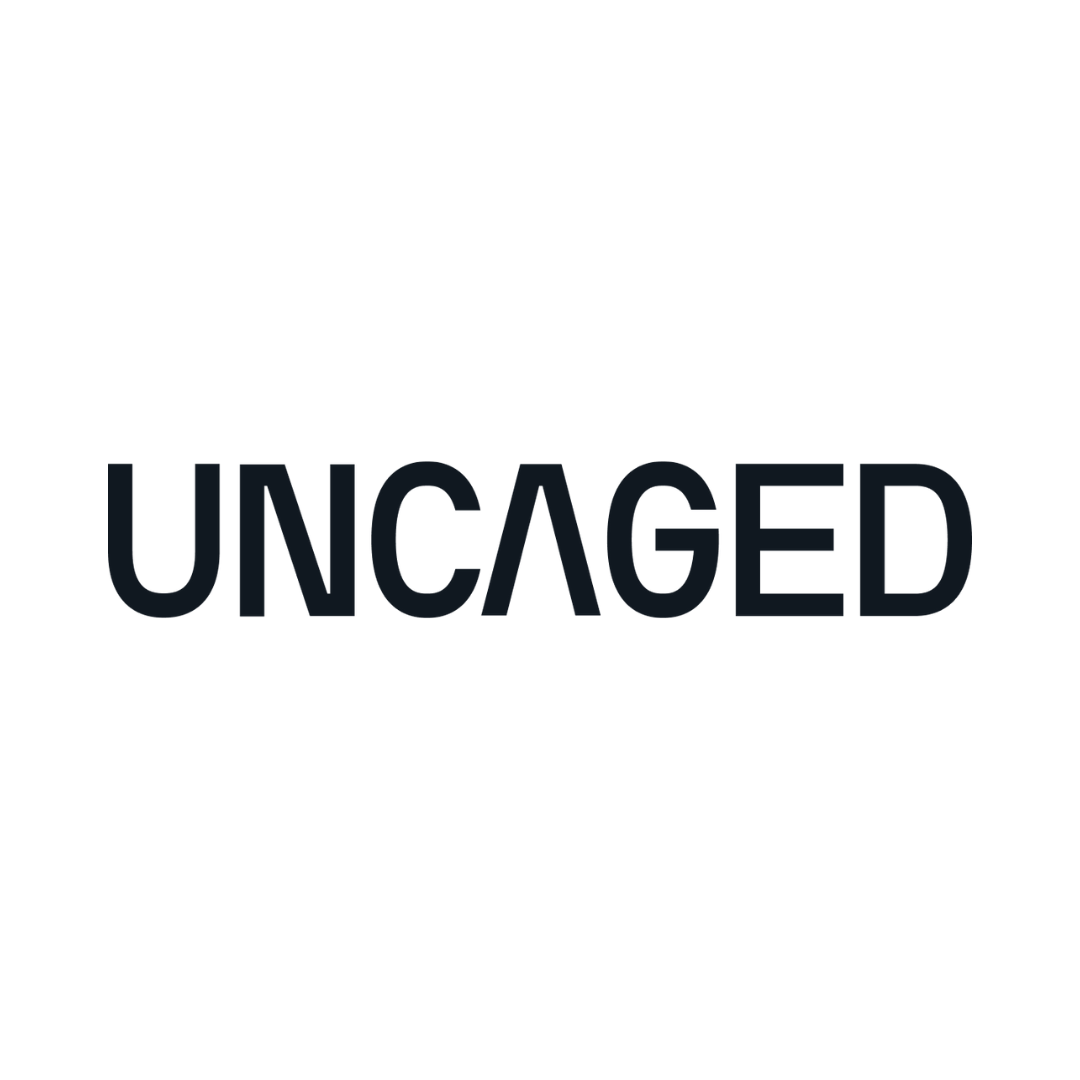

-
Cactus leather is made from cactus fibres, which are woven together to create a strong, durable material. It’s similar to traditional leather, but a little more organic looking, and a lot less harmful.
While regular leather is water-intensive, cacti need little water to grow, making it a much more sustainable material.
Low MOQ
-
Oleatex® is made from waste material from the olive industry.
-
MIRUM® is a new, 100% plastic-free plant-based material. At the end of its life, it can be recycled into new MIRUM® or ground up and safely returned to the earth, making it a naturally circular and climate-friendly option.
-
Mycellium leather is made from the root network of mushrooms. This is a renewable material that requires little light and water and can feed off agricultural waste.
Mycellium leather is strong, durable, and flexible with a similar texture to traditional leather.
-
Apple leather (UPPEAL™ by Mabel Industries, APPLE SKIN™ by Frumat) is made from part apple waste, including the peel, core and any scraps. This repurposes waste and can be an additional income stream for farmers. Both growing and processing the apples and apple waste requires little water compared to traditional leather.
Apple leather is a strong, durable, and renewable material, with a similar texture to traditional leather.
High MOQ
-
Piñatex is crafted from part pineapple leaf fiber, which is an agricultural waste product. It requires little water, as pineapples are a drought-resistant crop. Repurposing the leaves not only reduces waste, but it also provides additional income to the farmers.
Piñatex is durable and flexible, with a similar texture to traditional leather.
High MOQ
These are the materials we work with to craft luxury finished goods.
*Disclaimer: Veshin is not a material supplier
Current
Next-Gen Materials
-
Grape leather is made from the skin, seeds and stems of grapes. It’s made from renewable, natural resources and can help to create an additional income stream for farmers. Both growing and processing the grapes requires little water compared to traditional leather.
Grape leather is a strong, durable, and flexible material, with a similar texture to traditional leather.
Upcoming
Next-Gen Materials
-
South of France based, Planet of the Grapes, has created a bio-based leather alternative for the fashion industry, created from the organic, grape marc, of their local vineyards. The grape marc, considered as "waste" in the wine industry, consists of grape skins, seeds and stalks and is generally discarded after being pressed for wine but not any more!
-
Celium™ is a sustainable, vegan, and organic alternative to animal-derived leather and synthetic materials. It's made from fruit waste-derived bacterial cellulose, offering customizable design, durability, and water resistance. It's a symbol of ethical fashion, embracing nature's artistry, and heralding a new era in haute couture.
Polybion is in process of PETA and USDA Biopreferred certifications.
-
LEAP leather turns low-value leftover apple pulp into a soft, supple leather replacement. It can be smooth or textured, with a similar look and feel to traditional leather.
LEAP leather is a strong, durable, and flexible material that provides a high-quality, luxurious finish.
-
BioLeather is a natural leather alternative made with plant proteins from grain byproducts combined with other natural ingredients which create nanofibril networks that mimic animal leather. Our bio-interfusion platform uses plant protein as the backbone and fuses in bio-based elements that each provide unique characteristics, such as texture, strength, flexibility and fragrance.
-
Treekind®, made with leaves from gardens or agriculture, only includes plant-derived and natural components. Low-carbon Treekind® uses 0.1% of the water in equivalent leather production. It has passed home composting test ISO 14855, chemical testing, and all ISO tests for leather goods.
-
Fiquetex is a non-woven material made of fique fibre and natural rubber latex. All of the components and ancillaries that made up the formulations, including dyes, thickeners, softeners are of vegetable origin. The materials are 100% plastic and animal free.
-
CRETA is an innovative material made from Champagne chalk. With multiple textures, surfaces and colors to choose from, Nuvi’s collections inspire design for the generations to come.
Leather Alternatives
-
The world’s first natural, plant-based replacement for neoprene & geoprene. Originally created in partnership with Patagonia for their first ever neoprene-free wetsuit, Yulex Foam has been adopted by many surf and watersport brands. It has won multiple surf industry and environmental awards, and received international recognition. Yulex Foam is now the first choice by global brands looking for high performing, responsible replacements for neoprene and geoprene.
Yulex Products are compliant with the EU Deforestation-Free Products regulation (EU2023/1115).
-
Sileather creates a premier and environmental alternative to leathers for a sustainable future while achieving performance!
The adopted material is sourced from silicon that is the second most abundant element present on earth after oxygen, a mineral found in soil and sands in nature.
-
Microfiber is a smooth, synthetic material which can replicate the look and feel of animal skin products.
It’s supple, durable and versatile, making it a more sustainable alternative to leather and suede.
Low fabric MOQ
Organics
-
Organic cotton is a soft, durable and versatile fabric. It’s similar to traditional cotton, except less water and chemicals are used to grow it.
It’s a high-yield crop which, when cultivated responsibly, can increase soil fertility and biodiversity.
Can be sourced with or without an eco wax coating
GOTS, OCS 100 & OCS BLENDED certified
Low fabric MOQ
-
Hemp is a high-yield, quick growing plant that requires little water. It can be grown organically and helps regenerate the soil between crop rotations.
Every part of the plant can be used across industries, including food, textile and beauty, which means very little goes to waste. It’s strong, durable and has a texture similar to that of linen.
A range of hemp & hemp blends are available
GOTS, OCS 100 & OCS BLENDED certified
Low fabric MOQ
-
Tencel is derived from sustainably sourced wood pulp. It’s lightweight, soft, and silky, making it great for bag linings.
High fabric MOQ
-
Cork is a natural, renewable material that is sourced from trees, without cutting them down.
It’s a durable, lightweight material that’s water-resistant and great for bag exteriors.
Wide range of fabricationsLow fabric MOQ
Synthetics
-
We work with one of the most transparent yarn suppliers, Repreve. They take single-use plastic and transform it into high-performance yarn with a smooth finish.
Using recycled polyester helps to reduce plastic waste, and it can be recycled again at the end of its life.
GRS, OEKO TEX, U TRUST & SCS certified
Medium fabric MOQ with surcharges
-
Recycled nylon uses nylon waste from fishing nets, which means using it can help to make our oceans healthier. It’s strong and durable with a similar finish to traditional nylon, but with a reduced environmental impact.
We’re also able to source post industrial recycled nylon from factory floors, giving it a second life and reducing waste.
High MOQ





